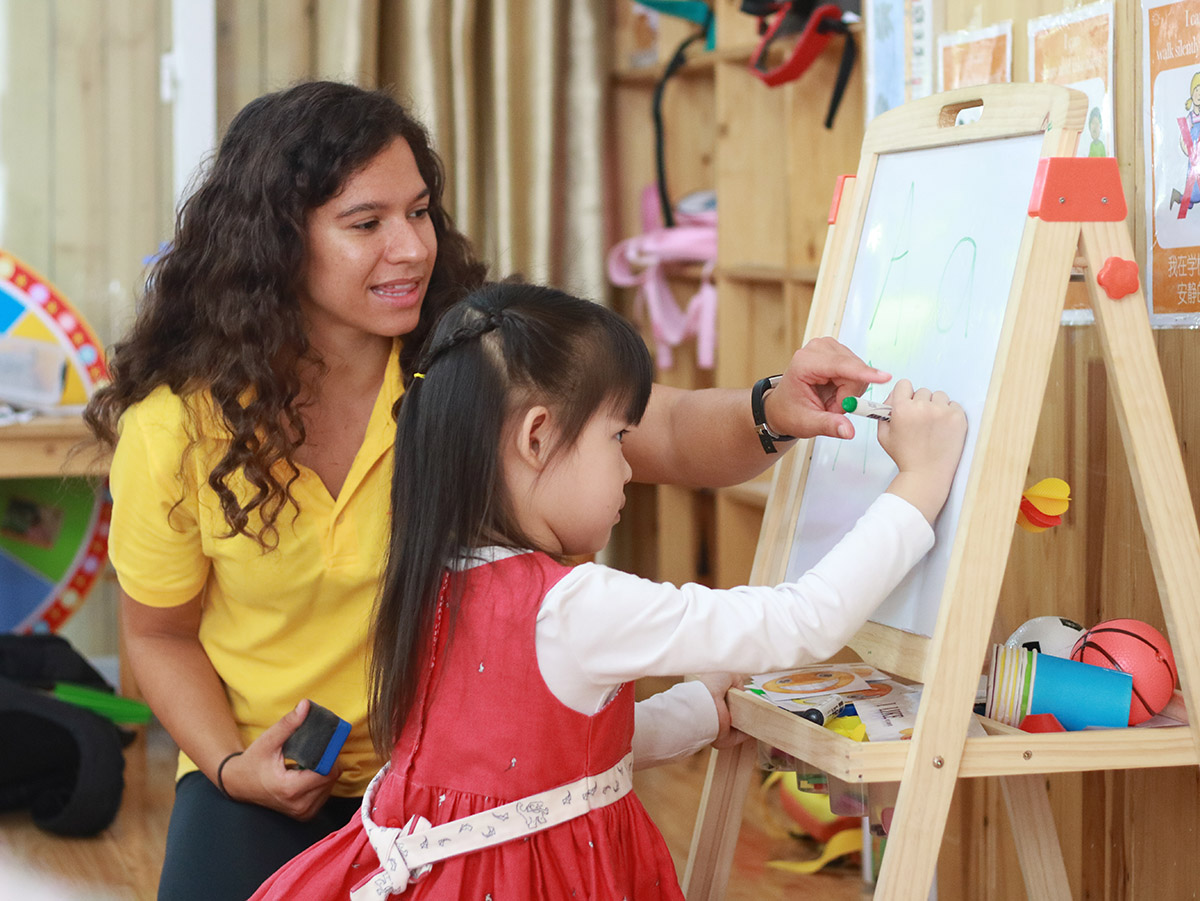
It’s easy to think that bullying is a black and white issue: bullying is bad and children who bully are mean. But the issue quickly becomes complicated when it is your own child who is involved… and especially so when it is your own child who is the bully.
While the actions of bullies cannot be excused, there could be an explanation.
“Kids engage in all kinds of behavior that isn’t a reflection of who they are as a person,” according to Jamie Howard, director of the Stress and Resilience Program at the Child Mind Institute. “They’re still figuring things out. They can be nice kids who have made some mistakes.”
If you get a call from a teacher or another parent claiming that your child has been bullying others, it’s important to listen with an open mind. It is possible that your child acts differently around her peers than she does around her parents.
It’s important to listen to both sides and figure out what is happening.
At the same time, don’t immediately scold your child for being “bad.” Children rarely choose to target others simply for the fun of it. Use this as an opportunity to let your child explain himself and express his emotions in a healthy way.
According to research, children who bully often share some of the following qualities. They often:
• Want to gain attention the approval, or respect of others;
• Have been bullied somewhere else and want to regain control by acting out toward others;
• Feel insecure and defensive, and perceive the actions of others as more hostile than they really are, and;
• Are unable to comprehend the effect that their actions have on others’ emotions.
If you hear reports of your child being a bully, it’s important not to ignore the issue.
Confront your child directly but give her a chance to explain herself.
Make it clear that you are willing to hear her side of the story but that you expect her to be fully honest.
Here’s an interesting story from a parent willing to share her own experience.
Gina is the mother of a 12-year-old boy. She learned that her son was bullying others and used it as an opportunity to have some conversations about what was really going on. “Our child had incredibly low self-esteem,” she said on ChildMind.org.
“Bullying gave him power and control over something. He told us that it was nice being known as the ‘worst kid in school’ rather than not being noticed at all.”
Once you have these conversations and understand what’s going on in your child’s mind, it’s time to think about how to prevent further bullying.
Establish clear consequences, such as taking away a privilege but giving your child the chance to earn it back through positive behavior.
It’s always vital to consider our own actions as role models.
“It’s important for parents to think about how their behaviors might influence their kids… the way they speak to their children, the way they speak to their spouses, the way they handle anger,” according to clinical psychologist Kristin Carothers. “Be realistic about whether or not this might be something that’s been modeled for the child.”













 International Sunshine Home Arts & Sciences
International Sunshine Home Arts & Sciences